 Testimony of Dr. Michael Crichton
Testimony of Dr. Michael Crichton
Senate Committee on Environment and Public Works
September 28, 2005
Thank you Mr. Chairman, and members of the Committee. I am Michael Crichton, known to most people as the author of Jurassic Park and the creator of the television series ER. My academic background includes degrees from Harvard College and Harvard Medical School; I was a visiting lecturer in Physical Anthropology at Cambridge University; and a post-doctoral fellow at the Salk Institute, where I worked on media and science policy with Jacob Bronowski.
My recent novel
State of Fear concerns the politicization of scientific research. I appreciate the opportunity to discuss this subject. What I would like to emphasize to the committee today is the importance of independent verification to science.
In essence, science is nothing more than a method of inquiry. The method says an assertion is valid—and will be universally accepted—only if it can be reproduced by others, and thereby independently verified. The impersonal rigor of the method has produced enormously powerful results for 400 years.
The scientific method is utterly apolitical. A truth in science is verifiable whether you are black or white, male or female, old or young. It’s verifiable whether you know the experimenter, or whether you don’t. It’s verifiable whether you like the results of a study, or you don’t.
Thus, when adhered to, the scientific method can transcend politics. Unfortunately, the converse may also be true: when politics takes precedent over content, it is often because the primacy of independent verification has been abandoned.
Verification may take several forms. I come from medicine, where the gold standard is the randomized double-blind study. Not every study is conducted in this way, but it is held up as the ultimate goal.
In that vein, let me tell you a story. It’s 1991, I am flying home from Germany, sitting next to a man who is almost in tears, he is so upset. He’s a physician involved in an FDA study of a new drug. It’s a double-blind study involving four separate teams---one plans the study, another administers the drug to patients, a third assess the effect on patients, and a fourth analyzes results. The teams do not know each other, and are prohibited from personal contact of any sort, on peril of contaminating the results. This man had been sitting in the Frankfurt airport, innocently chatting with another man, when they discovered to their mutual horror they are on two different teams studying the same drug. They were required to report their encounter to the FDA. And my companion was now waiting to see if the FDA would declare their multi-year, multi-million-dollar study invalid because of this contact.
For a person with a medical background, accustomed to this degree of rigor in research, the protocols of climate science appear considerably more relaxed. A striking feature of climate science is that it’s permissible for raw data to be "touched," or modified, by many hands. Gaps in temperature and proxy records are filled in. Suspect values are deleted because a scientist deems them erroneous. A researcher may elect to use parts of existing records, ignoring other parts. Sometimes these adjustments are necessary, sometimes they are questionable. Sometimes the adjustments are documented, sometimes not. But the fact that the data has been modified in so many ways inevitably raises the question of whether the results of a given study are wholly or partially caused by the modifications themselves.
In saying this, I am not casting aspersions on the motives or fair-mindedness of climate scientists. Rather, what is at issue is whether the methodology of climate science is sufficiently rigorous to yield a reliable result. At the very least, we should want the reassurance of independent verification by another lab, in which they make their own decisions about how to handle data, and yet arrive at a similar conclusion.
Because any study where a single team plans the research, carries it out, supervises the analysis, and writes their own final report, carries a very high risk of undetected bias. That risk, for example, would automatically preclude the validity of the results of a similarly structured study that tested the efficacy of a drug. Nobody would believe it.
By the same token, it would be unacceptable if the subsequent verification of such a study were conducted by investigators with whom the researcher had a professional relationship—people with whom, for example, he had published papers in the past. That's peer review by pals, and it’s unavoidably biased. Yet these issues are central to the now-familiar story of the "hockeystick graph" and the debate surrounding it.
To summarize it briefly: in 1998-99 the American climate researcher Michael Mann and his co-workers published an estimate of global temperatures from the year 1000 to 1980. Mann’s results appeared to show a spike in recent temperatures that was unprecedented in the last thousand years. His alarming report received widespread publicity and formed the centerpiece of the U.N.’s Third Assessment Report, in 2001. The graph appeared on the first page of the IPCC Executive Summary.
Mann’s work was initially criticized because his graph didn't show the well-known Medieval Warm Period, when temperatures were warmer than they are today, or the Little Ice Age, when they were colder than today. But real fireworks began when two Canadian researchers, McIntyre and McKitrick, attempted to replicate Mann’s study. They found grave errors in the work, which they detailed in 2003: calculation errors, data used twice, and a computer program that generated a hockeystick out of any data fed to it—even random data.
Mann’s work has been dismissed as “phony” and “rubbish” by climate scientists around the world who subscribe to global warming. Some have asked why the UN accepted Mann’s report so uncritically. It is unsettling to learn Mann himself was in charge of the section of the report that included his work. This episode of climate science is far from the standards of independent verification.
The hockeystick controversy drags on. But I would direct the Committee's attention to three aspects of this story. First, six years passed between Mann’s publication and the first detailed accounts of errors in his work. This is simply too long for policymakers to wait for validated results. Particularly if it is going to be shown around the world in the meantime.
Second, the flaws in Mann’s work were not caught by climate scientists, but rather by outsiders—in this case, an economist and a mathematician. McIntyre and McKitrick had to go to great lengths to obtain the data from Mann's team, which obstructed them at every turn. When the Canadians sought help from the NSF, they were told that Mann was under no obligation to provide his data to other researchers for independent verification.
Third, this kind of stonewalling is not unique or uncommon. The Canadians are now attempting to replicate other climate studies and are getting the same runaround from other researchers. One leading light in the field told them: "Why should I make the data available to you, when your aim is to try and find something wrong with it."
Even further, some scientists complain the task of archiving is so time-consuming as to prevent them from getting any work done. But this is nonsense.
The first research paper I worked on, back in the 1960s, consisted of data on stacks of paper. When we received a request for data from another lab, I stood at a Xerox machine, copying one page a minute—at 11 cents a page!—for several hours. Back in those days, a request for data meant a lot of work.
But today we can burn data to a CD, or post it at an ftp site for downloading. Archiving data is so easy it should have become standard practice a decade ago. Government grants should require a “replication package” as part of funding. Posting the package online should be a prerequisite to journal publication. And since it’s so easy, there’s really no reason to exclude anyone from reviewing the data.
One problem with replication is this: while it can tell you a research result is faulty, it can’t tell you what the right answer is. Policymakers need sound answers to the questions they ask. A better way to get them might be to give research grants for important projects to three independent teams simultaneously. A provision of the grant would be that at the end of the study period, all three papers would be published together, with each group commenting on the findings of the other. I believe this would be the fastest way to get verified answers to important questions.
But if independent verification is the heart of science, what should policymakers do with research that is unverifiable? For example, the UN Third Assessment Report defines general circulation climate models as unverifiable. If that’s true, are their predictions of any use to policymakers?
Arguably not. In 2000, Christopher Landsea and co-workers studied various computer models that had forecast the strong El Nino event of 1997-98. They concluded that the older, simpler models—hardly more than simple formulae—had performed much better than the global circulation models when predicting the arrival and strength of the El Nino.
If policymakers decide to weight their decisions in favor of verified research, that will provoke an effort by climate scientists to demonstrate their concerns using objectively verifiable research.
In closing, I want to state emphatically that nothing in my remarks should be taken to imply that we can ignore our environment, or that we should not take climate change seriously. On the contrary, we must dramatically improve our record on environmental management. That’s why a focused effort on climate science, aimed at securing sound, independently verified answers to policy questions, is so important now.
I would remind the committee that in the end, it is the proper function of government to set standards for the integrity of information it uses to make policy, and to ensure that standards are maintained. Those who argue government should refrain from mandating quality standards for scientific research—including some professional organizations—are merely self-serving. In an information society, public safety depends on the integrity of public information. And only government can perform that task.
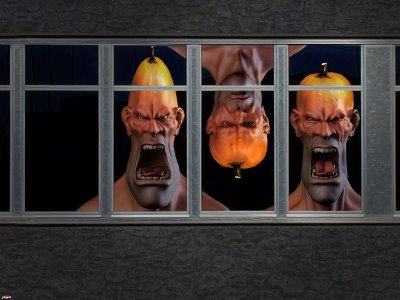 So, it's Halloween. Let's talk about something really scary.
So, it's Halloween. Let's talk about something really scary.


 My internet popularity is apparently once again on the wane. While at the beginning of the month, I was getting on average over 500 hits per day, for some reason the number spiked on April 12 at over 1,000 hits for the first time ever. Then suddenly, some time on April 17, the hordes of Googling monkeys apparently started going somewhere else for their Jimi Hendrix pictures, leaving me with barely 100 hits per day.
My internet popularity is apparently once again on the wane. While at the beginning of the month, I was getting on average over 500 hits per day, for some reason the number spiked on April 12 at over 1,000 hits for the first time ever. Then suddenly, some time on April 17, the hordes of Googling monkeys apparently started going somewhere else for their Jimi Hendrix pictures, leaving me with barely 100 hits per day.

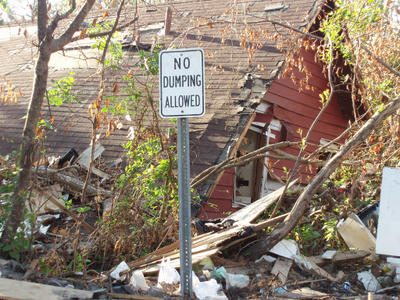
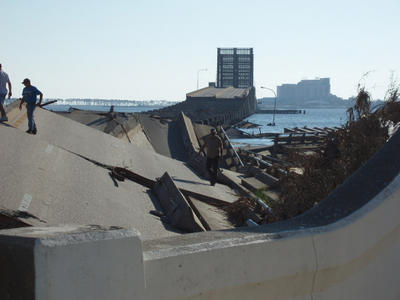
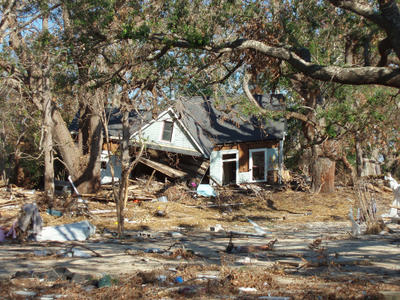

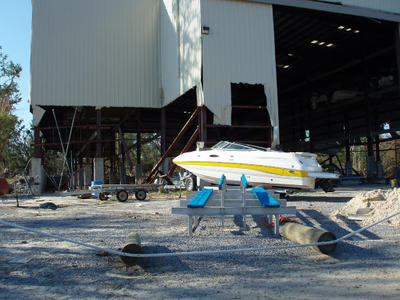

















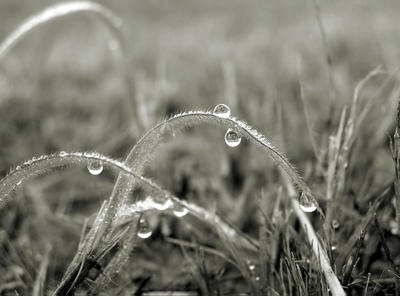



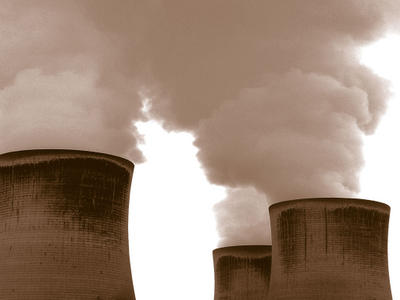


 to Tom DeLay's indictment:
to Tom DeLay's indictment: to John Robert's Supreme Court nomination:
to John Robert's Supreme Court nomination: I hope that those of you who enjoy political humor, or satire fans like myself who grew up with Mad Magazine and later National Lampoon, can appreciate these pictures and the fact that, yet again, I'm sacrificing the visual integrity of this blog to provide graphics for your amusement.
I hope that those of you who enjoy political humor, or satire fans like myself who grew up with Mad Magazine and later National Lampoon, can appreciate these pictures and the fact that, yet again, I'm sacrificing the visual integrity of this blog to provide graphics for your amusement. If you're looking for more of his artwork, Jeb, you can check out this Google
If you're looking for more of his artwork, Jeb, you can check out this Google 
